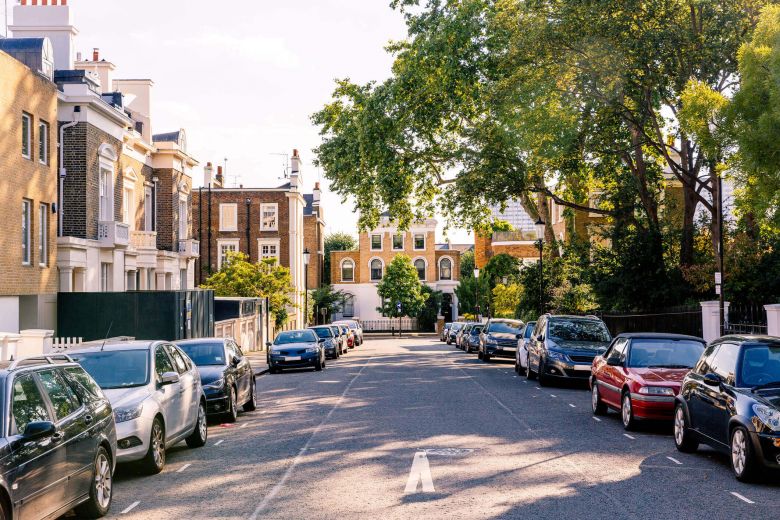Multiple councils around the UK are imposing new Ultra Low Emissions Parking (ULEP) fees which impact diesel vehicle drivers and those with older petrol cars.
The move is designed to improve air quality, but also means drivers of older cars are being hit with higher fees.
Currently, the City of London has emissions-based parking fees – which have been in place since 2018 – with electric, hydrogen or hybrid vehicles being charged £5 per hour. Petrol vehicles registered from 2005 and diesels from 2015 pay £7.20.
For any other vehicles, they will need to pay £10-an-hour.
The Borough of Merton is currently in a consultation period with locals about introducing a diesel surcharge.
For those who live and travel to the capital, they already have to work within the rules of the London Ultra Low Emission Zone (ULEZ) – and the new ULEP will add to the costs of using a vehicle in some areas of the city.
In Haringey, diesel car owners pay an annual fee of £80 on top of their permit to park. Drivers in Lambeth will need to pay an hourly surcharge of between £1.97 and £4.41 on top of the normal parking fee.
In Lewisham, EV owners are charged £1.50-an hour, while petrol cars are charged between £2 and £4 – with diesels costing between £2.10 and £4.40.
Furthermore, vehicles that do not meet the ULEZ standard also face an additional £2 surcharge for parking.
In Kensington and Chelsea, EVs and zero emissions cars pay between £1.50 and £4.50 an hour; petrol and hybrids, are charged between £2 and £6; and diesel drivers pay between £2.30 and £6.80 an hour. However, the Borough of Bromley has confirmed that they will not charge vehicles based on emission standards.
Outside of the capital, the city of Bath has recently introduced one of these schemes in eight council-owned car parks.
This is the latest driving scheme which has split opinions across the country.
Those in favour see this as encouraging a more environmentally-friendly future for drivers, while the opposition see this as the latest ‘war on motorists’.
Across many areas of London, RingGo provides emissions based parking support for councils.
Managing director Peter O'Driscoll told MailOnline: “An Emissions Based Parking scheme enables an authority to levy a surcharge on the most polluting vehicles when they pay for parking – with emission reduction as a result.”
In response, RAC spokesman Rod Dennis said: “We think the principle of charging drivers to park based on their vehicle’s carbon dioxide emissions is inherently unfair.
“While it’s generally the case that the newer the vehicle, the cleaner the engine we know that drivers are holding onto their vehicles for longer – not least because of the cost-of-living crisis and high cost of acquiring a replacement car.
“Charging drivers of more polluting cars more, even though the car is parked and emitting nothing, therefore penalises those very same drivers who have the least financial means to upgrade to another vehicle. Conversely, those who can afford to switch to an electric vehicle pay far less.
“We’d like to see national government provide a steer on whether councils should be allowed to set parking charges based on CO2 emissions. The fact local authorities are creating vastly different tariffs based on how they decide to interpret emissions criteria is also a serious concern.
“Without government intervention, there’s a risk we’ll quickly see a hotchpotch of complicated, confusing and punitive parking schemes springing up. These policies smack of councils simply trying to extract as much revenue as possible from drivers.”
What do you make of the introduction of emission-based parking schemes? Leave your comments below.

Complete peace of mind for less
• Cheaper than AA Price Promise or your money back^
• We get to most breakdowns in 60 mins or less
• Our patrols fix 4/5 breakdowns on the spot










